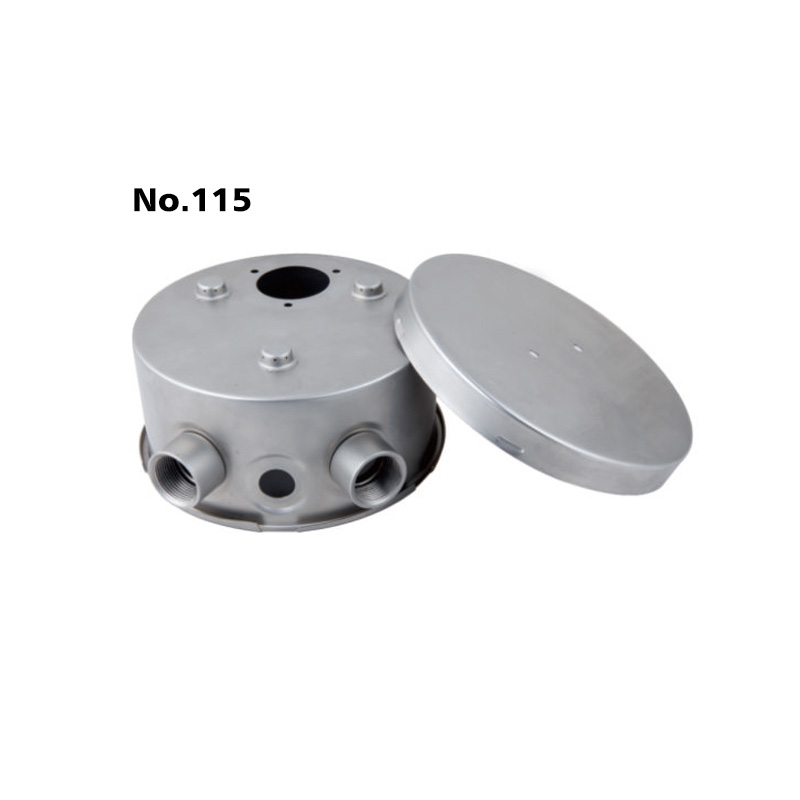In this post, we'll give you some tips on distinguishing absolute pressure gauges with differential pressure gauges.

Absolute pressure gauges
When pressures are to be measured independently of the natural fluctuations in atmospheric pressure, absolute pressure gauges are used.
The pressure of the measured media is determined against a reference pressure, which corresponds to the absolute pressure zero point. So that there can be a near-perfect vacuum in the reference chamber, this is completely evacuated.
These highly precise pressure gauges are used, for example, for monitoring in vacuum packing machines and vacuum pumps. They are also used for the monitoring of condensation pressures in laboratories or for the determination of vapour pressure in liquids.
Differential pressure gauges
Differential pressure gauges work with a wide range of pressure elements. These differential pressure gauges monitor, for example, the flow of gaseous and liquid media and the degree of fouling in filtration plants.
They are also used for overpressure monitoring in clean rooms and for level measurement in closed vessels. They are also suitable for the control of pumping plants.